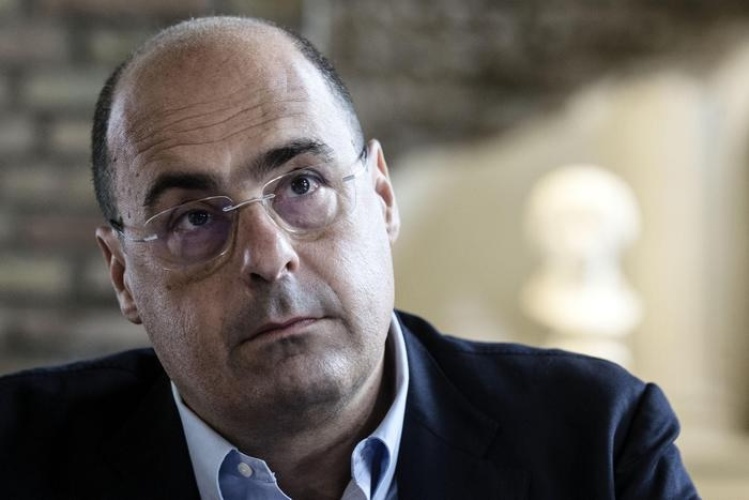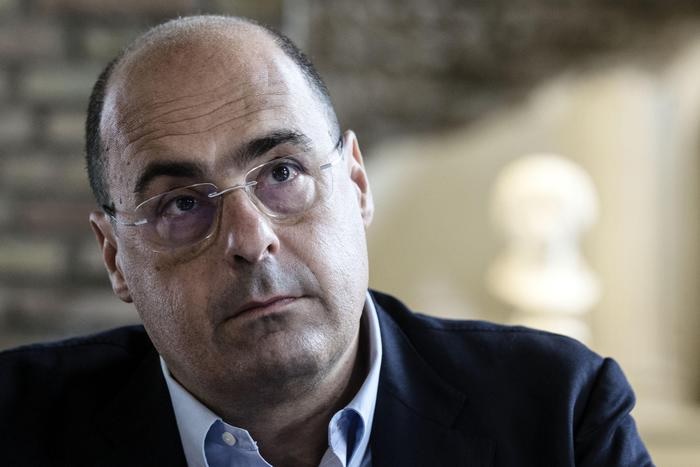An investigation has been opened into the attack, which targeted one of the most populated regions of Italy and home to capital Rome.
“The attacks are ongoing, the situation is very serious indeed,” regional governor Nicola Zingaretti told a press conference on Monday, as the head of Italy’s intelligence agency was called in to address parliament’s security committee on the incident.
The hack, “by persons unknown… from outside the country”, was launched overnight on Saturday and brought vaccine bookings to a halt, Zingaretti confirmed.
“The attack was very powerful… probably the most serious ever launched on our national territory,” he added.
All computer servers in the regional government in Lazio have been shut down in a bid to stop the virus spreading.
Lazio regional health councillor Alessio D’Amato assured more than 500,000 citizens who had already booked their COVID-19 vaccines through August 13 they would still be able to get their shot.
“The technicians are working to safely reactivate the new bookings and no data has been stolen,” D’Amato said in a post on the region’s official Facebook page.
Speaking at a press conference on Monday, D’Amato called the attack “the most serious cyber-attack ever carried out on an Italian public administration”.
The attackers used ransomware, a form of malware that encrypts the victim’s files, a regional official said.
A ransom, usually in bitcoins, is demanded in exchange for the key to decrypt the data.
However, no ransom request had yet been made for the Lazio website, Zingaretti said.
The attack is believed to have been launched from Germany, according to Italian daily La Repubblica, and hackers are thought to have gained access to the regional network via a computer belonging to a government agency employee which “had been left open”.
Italy recently followed France in announcing that proof of vaccination or immunity from COVID-19 would become mandatory for an array of activities.
Some 66 per cent of the adult population in Lazio have been vaccinated, according to officials.
Nationwide, 60 per cent of Italy’s population over 12 years old has been fully vaccinated, with 68.5 million total doses administered.
In mid-June, the Italian government decided to create a government agency specialised in cybersecurity to fight against the increasing number of computer attacks.












